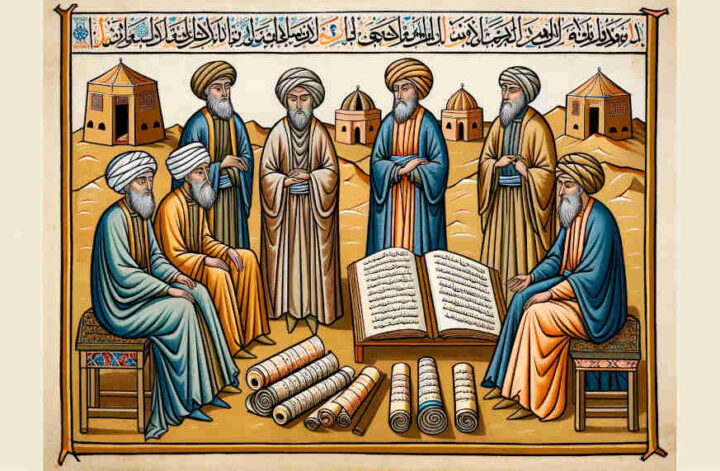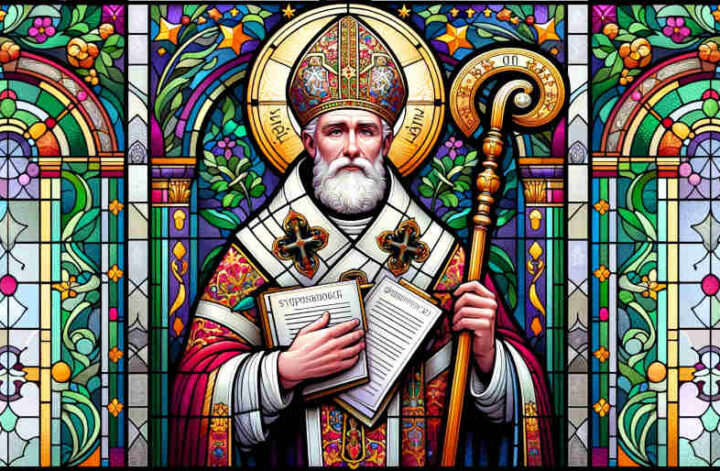Hello Theophilus,
In my explorations of various healing practices, I’ve come across Reiki, which is often described as a spiritual energy healing method. Given that its origins and philosophy seem to be outside the Christian tradition, I’m curious about the Christian perspective on Reiki. Do Christians believe in Reiki, and is it considered compatible with Christian teachings?
Many thanks,
Adrian
The Christian View on Healing Practices Like Reiki
Dear Adrian,
Your inquiry is an important one as it reflects a broader question of how Christians interact with practices and beliefs that arise from outside the traditional boundaries of the Church.
Reiki: A Brief Overview
Reiki, as you may know, is a form of alternative medicine developed in Japan in the early 20th century. It is based on the belief that a “universal energy” can be channeled by a practitioner to support the body’s natural healing processes. It’s important to note that Reiki is not rooted in Christianity but in a synthesis of various Eastern spiritual and philosophical traditions.
Discernment and Doctrine
As for its acceptance within Christianity, there is no single unified stance on Reiki among Christians. Some Christians may practice Reiki, viewing it as a form of natural healing that God has allowed through the workings of His creation. Others may find it beneficial as a complementary practice to medical treatments, without necessarily attributing its effects to spiritual causes.
However, many Christian theologians and denominations express caution or even outright disapproval of Reiki. The primary concern is that its underlying principles about energy and spirituality do not align with Christian teachings about the nature of God, health, and healing. For example, the Catholic Church has issued documents advising its members against participating in Reiki sessions, stating that it lacks a scientific basis and poses theological questions about the nature of healing and the source of the power involved in Reiki practice.
Christian Healing and Spiritual Wellness
In Christian tradition, healing is often understood in the context of prayer, sacraments, and faith in Jesus Christ as the Divine Healer. Spiritual wellness is closely tied to one’s relationship with God, adherence to Scripture, and participation in the life of the Church. Christians are encouraged to seek God’s guidance through prayer and discernment, especially when considering practices that originate outside of Christian teaching.
Conclusion and Pastoral Advice
So, while some individual Christians may engage with Reiki, the practice itself is not part of Christian doctrine or widely endorsed by Christian authorities. Each believer must exercise personal discernment, ideally in consultation with trusted spiritual advisors, when considering their involvement with Reiki, always ensuring that their practices are consistent with the tenets of their faith.
Adrian, may your journey for healing and wholeness be rooted in the wisdom and love of Christ, and may you find the guidance you seek in the light of His truth.
Yours in Christ,
Theophilus


